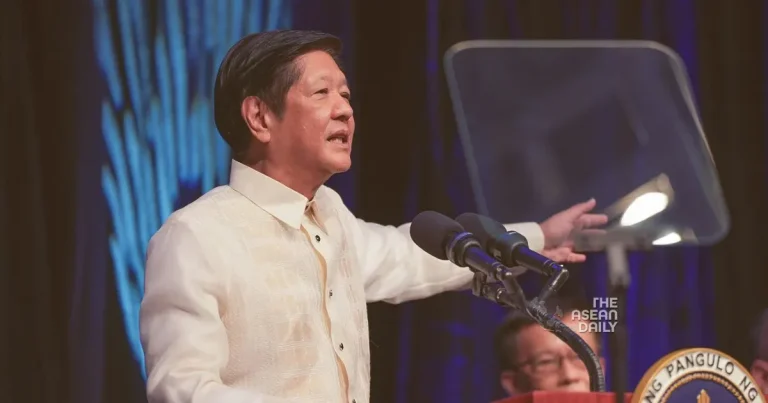29-5-2024 (MANILA) Philippine President Ferdinand Marcos Jr. expressed deep concern on Wednesday (May 29) over new regulations introduced by China’s coast guard, which allow for the detention of foreigners in the South China Sea. Marcos described these rules as an escalation of tensions and “worrisome.”
The regulations, set to take effect on June 15, enforce a 2021 coast guard law permitting the detention of foreigners suspected of trespassing in areas China claims as its maritime territory. This move comes amidst ongoing sovereignty disputes between China, the Philippines, and other neighbouring countries over the South China Sea.
“The new policy of threatening to detain our own citizens, that is different. That is an escalation of the situation,” Marcos stated during his state visit to Brunei. He emphasised that the Philippines would leverage all available channels to engage China in dialogue to halt aggressive actions and ensure Filipino fishermen can operate in the South China Sea without interference.
“If aggressive actions are managed, then we can all go about our business in a peaceful way,” Marcos added.
China has a history of accusing foreign vessels of trespassing in contested areas within the South China Sea, which often overlap with the exclusive economic zones of other nations. These new rules, according to China’s Ministry of Foreign Affairs, aim to standardise law enforcement and enhance maritime order.
“There is no need for any individual or entity to worry as long as there is no illegal behaviour,” Mao Ning, a spokesperson for the Chinese foreign ministry, assured during a regular press conference. Mao also claimed that it was the Philippines that “frequently provokes the escalation of the situation” in the region, but stressed that China remains open to dialogue.
Under President Marcos, the Philippines has adopted a firmer stance against China’s assertive actions in the South China Sea, bolstered by support from allies such as the United States, Japan, and Australia. This marks a shift from the approach of his predecessor, Rodrigo Duterte, who was seen as more conciliatory towards Beijing.




